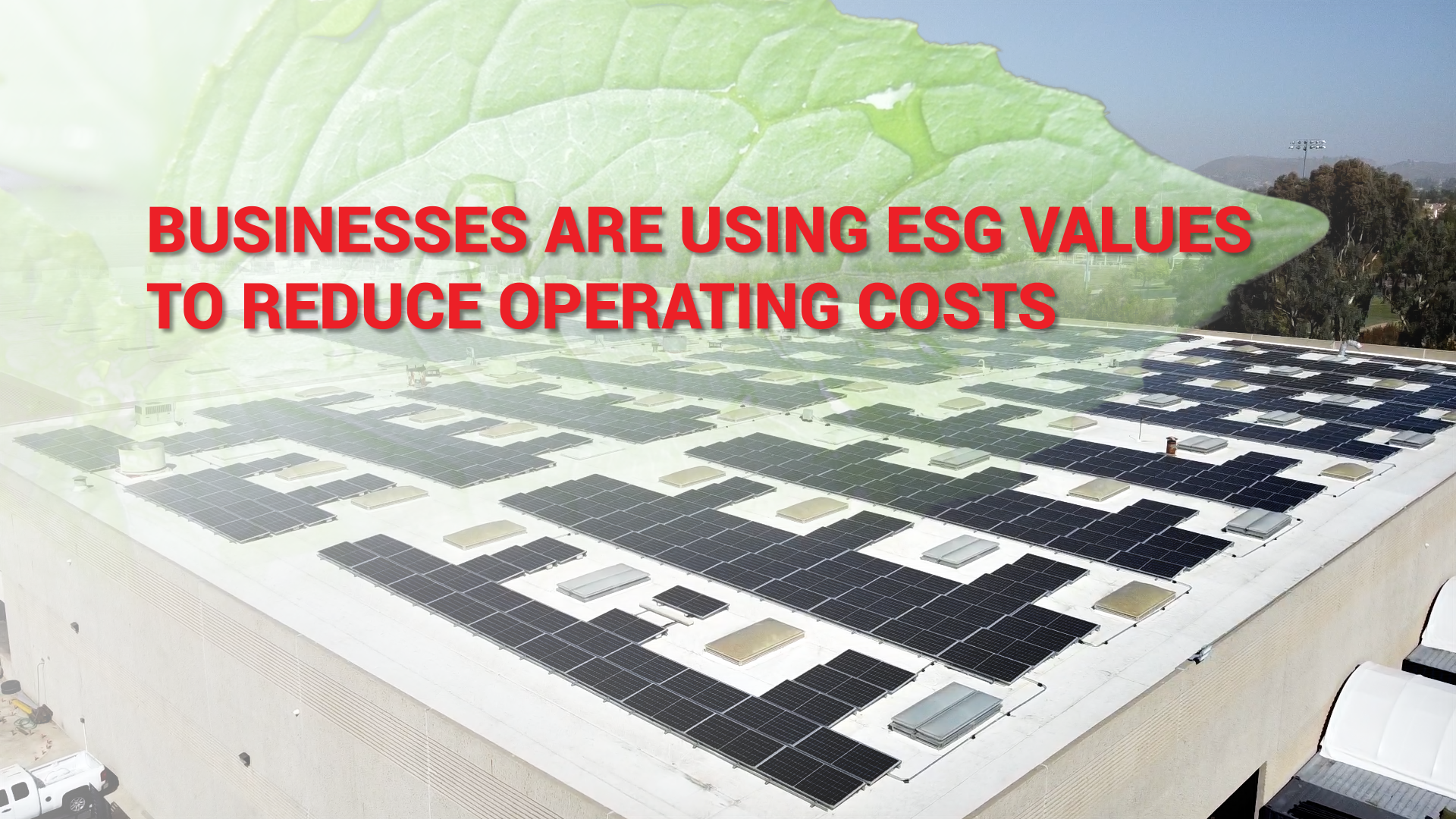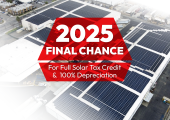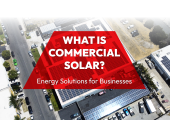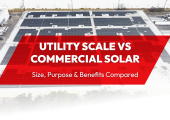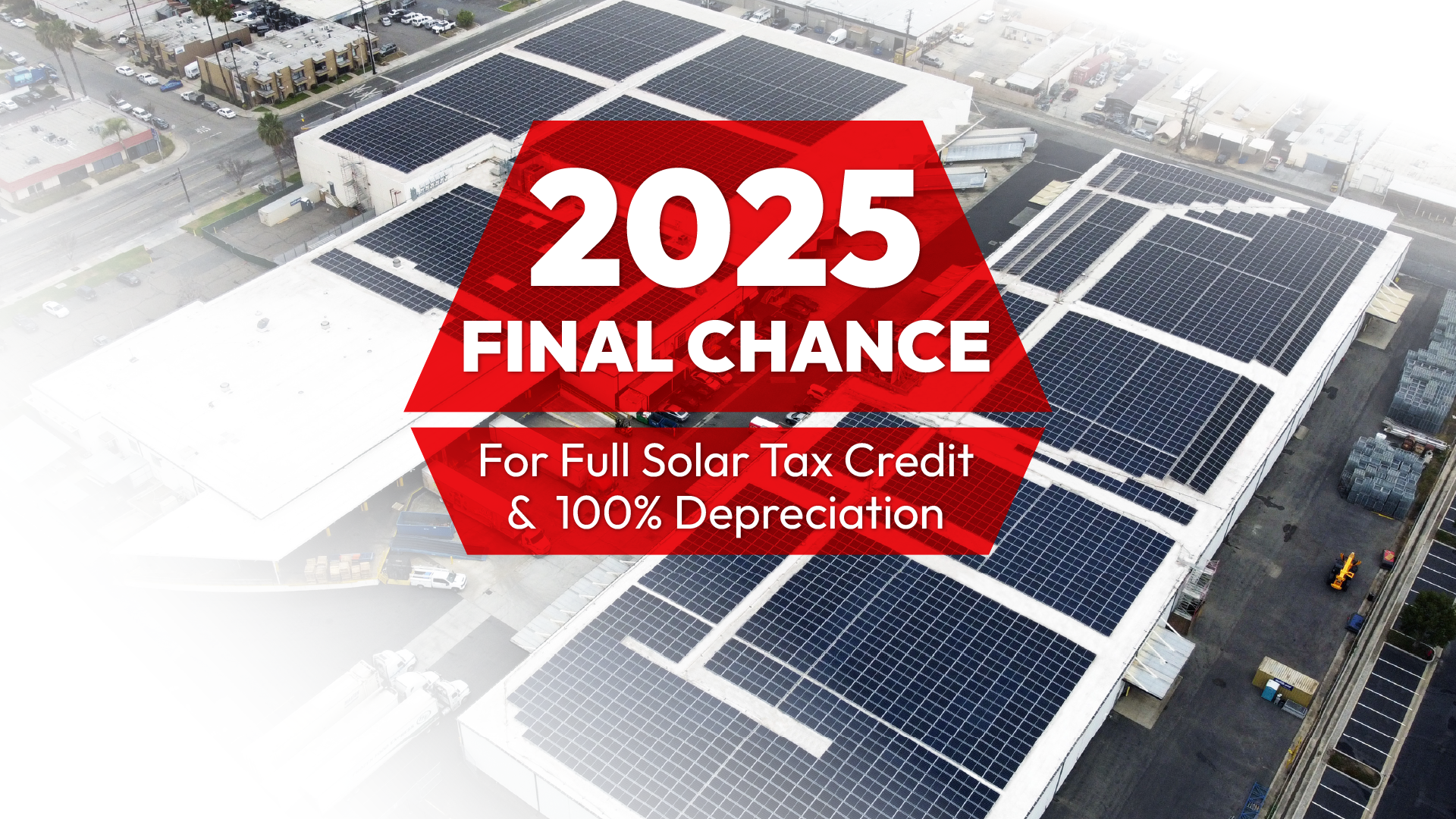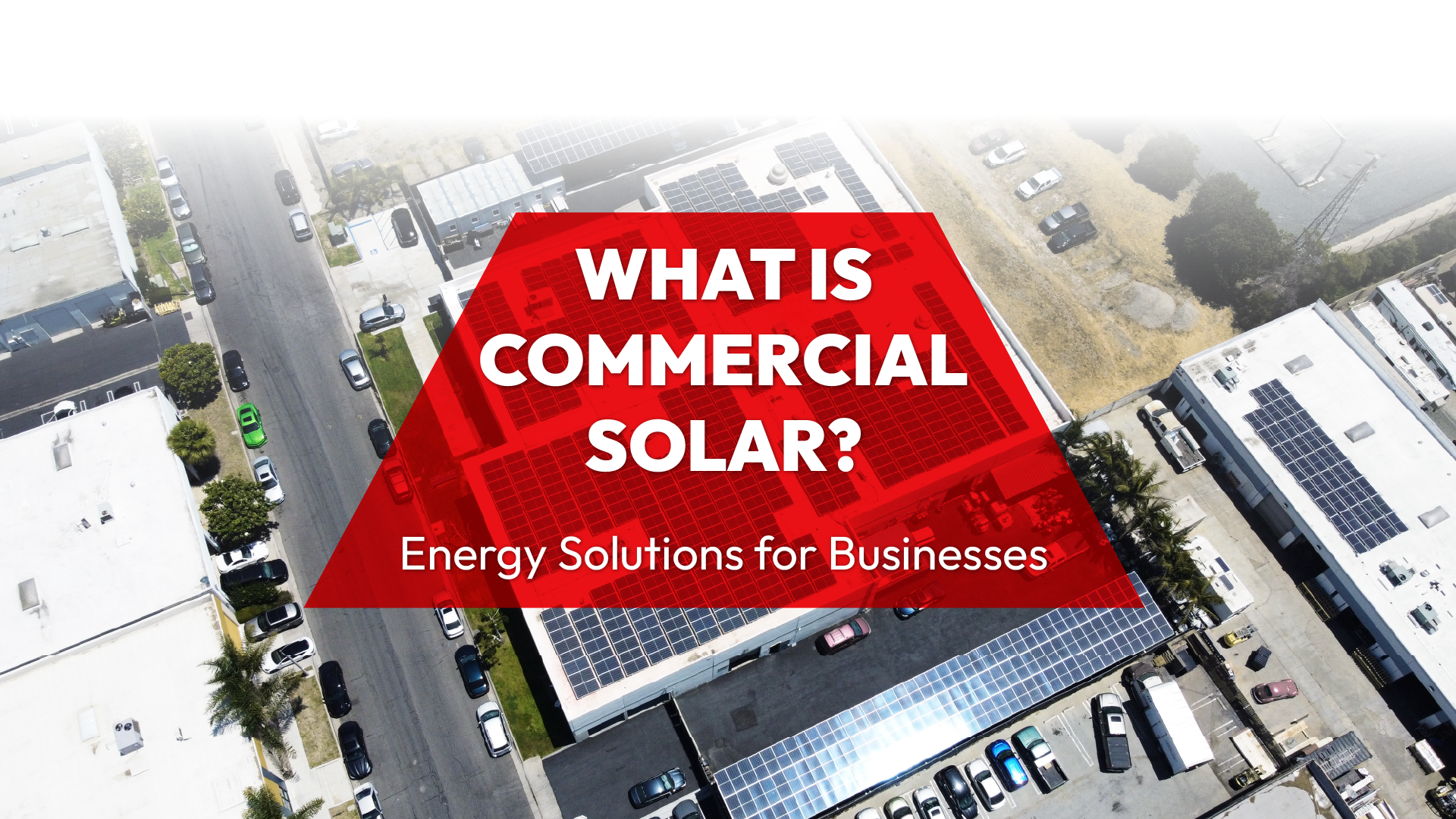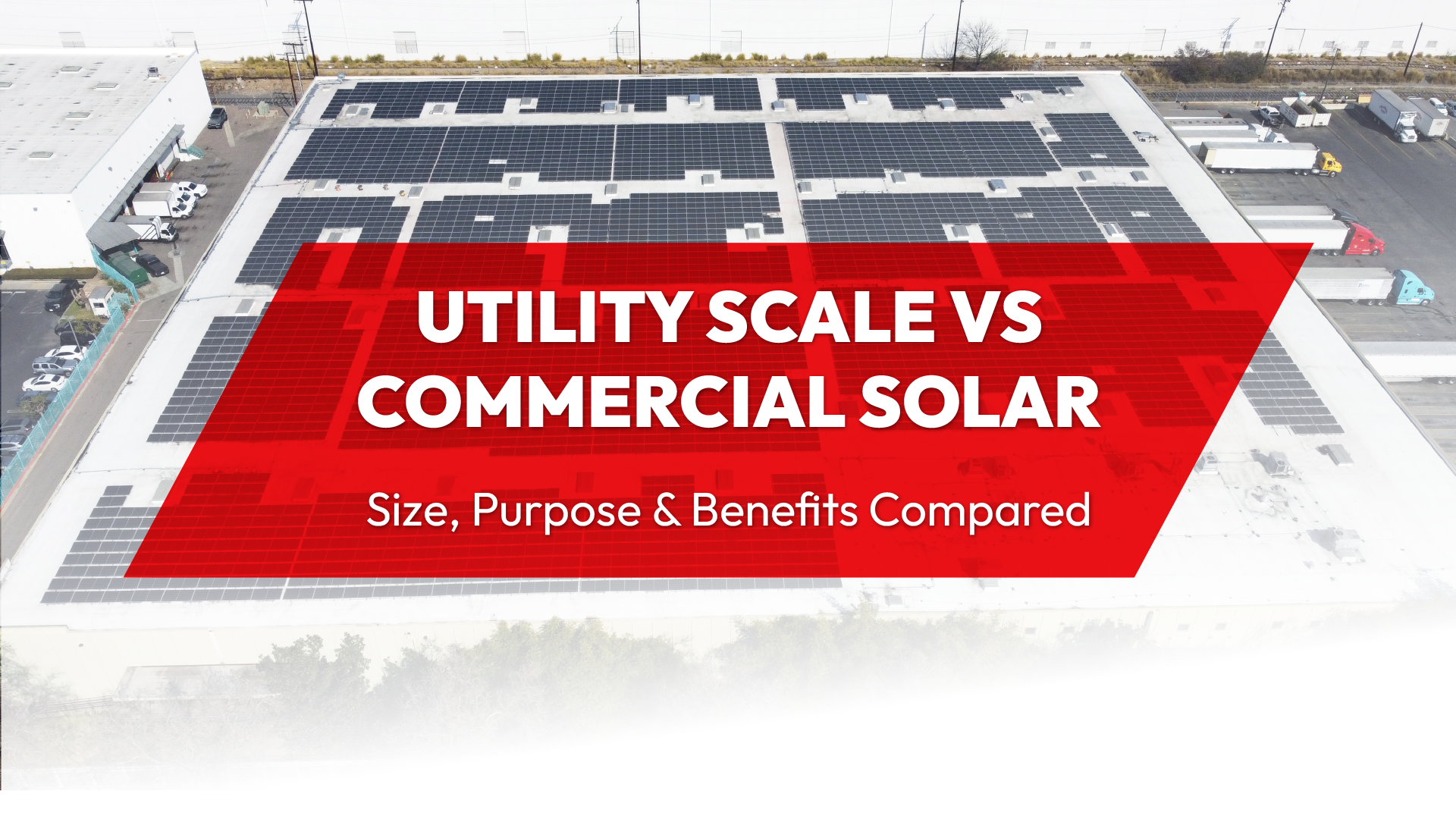How Businesses Use ESG Values To Reduce Operating Costs
Corporate environmental, social and governance propositions have grown alongside the looming threat of climate change as California businesses are reducing operating costs by implementing ESG values. Through the efficient combination of solar PV modules paired with energy storage systems to support on-site EV charging stations, these solutions work together and can provide true sustainability.
Businesses are quickly recognizing the opportunity that true sustainability brings. New roles and departments focused on how a business manages ESG or – environmental, social and governance standards. These new corporate standards are aimed to create value through a more sustainable product. Solar, energy storage, and EV charging combined provide financial and operational flexibility.
As solar reduces current and future electricity costs, excess generation is stored to be used later or can charge electric vehicles on-site when needed. By reducing reliance on fossil fuels and utilities, businesses can protect their operations from growing energy costs. During an event Lowercase Capital founder, Chris Sacca, had this to say;
"Businesses face an opportunity for the biggest economic transformation in the history of the planet… There is no line of business that will not be impacted by climate."
Chris Sacca, Founder & Managing Partner, Lowercase Capital and Lowercarbon Capital
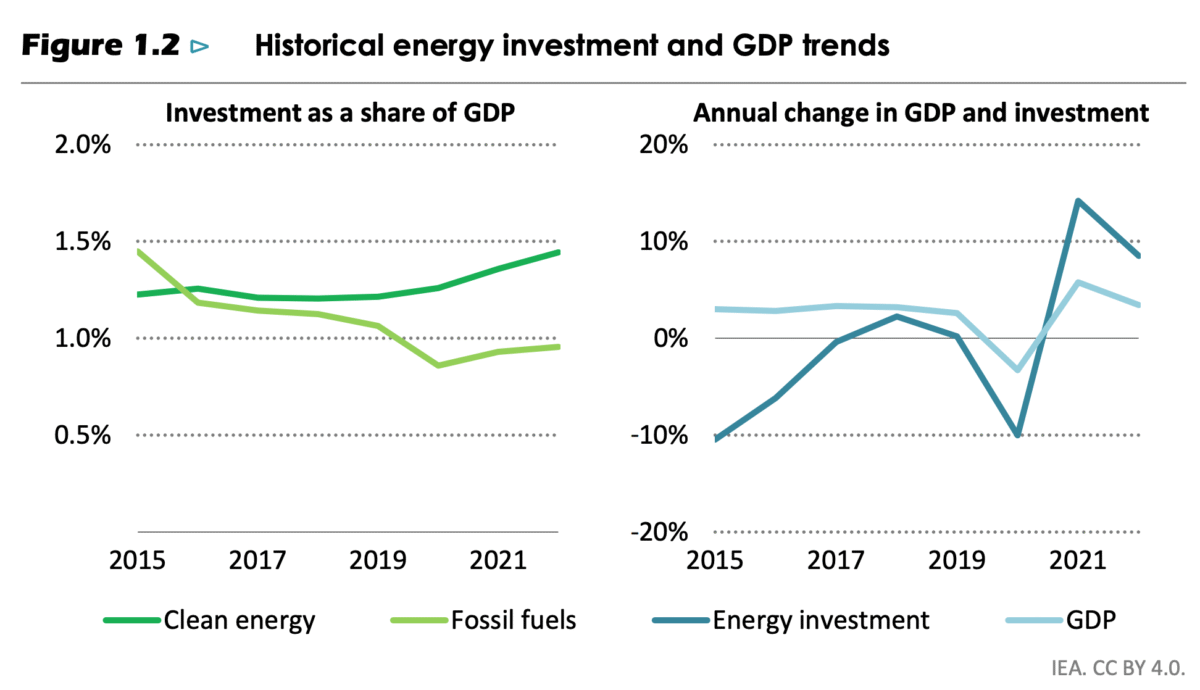
Businesses Are Seeking Sustainability Around the World
As global markets take climate change more seriously, operational and financial flexibility is more important than ever for businesses around the world. Committing to green ESG values while reducing operating cost is why businesses look to reduce operating costs through clean energy investment, a sentiment that has continued to grow even in the face of global shutdowns through 2020.
This graph is from the 2022 International Energy Agency World Energy Outlook, and shows the difference between clean energy and fossil fuel investment alongside the drastic change in overall energy investment and GDP from 2015 and continuing through today.
Everyone Benefits From Commercial Clean Energy Investment
As utilities consistently increase electricity prices, businesses are reducing their reliance on the grid through sustainable, clean energy solutions. Energy across California’s electrical grid is actively managed and availability generally dictates the price. Because of that, rooftop solar uniquely benefits everyone, providing owners with free electricity while reducing overall demand on the grid. On top of that, net energy metering allows solar owners to sell excess electricity back to the grid. Unfortunately, utilities have been fighting to make significant changes to the value provided by NEM.
PG&E recently introduced “vehicle-to-grid” (V2G) export rates as an incentive for commercial EV charging station customers. This could potentially allow commercial EV fleet owners to discharge their EV’s during the day, harnessing the energy supply of fleets to supply the grid with more electricity when it’s needed and most valuable. If owners could charge back up overnight, this new export system would result in significantly reduced electricity costs for the business, while providing tangible benefits to the community.
Corporate ESG standards are playing a growing role in long-term decisions made by businesses, sometimes even requiring fresh talent to fill new roles and departments to help them adapt to changing market conditions. As California and the US adopt more significant legislation to help meet climate change goals and pledges, businesses will quickly feel direct effects if they are not prepared to adapt.
Electric Vehicle Charging Stations Have Become A Popular Workplace Amenity
As electric vehicles become more popular, more employees will seek workplaces that provide access to EV charging stations. As more businesses adopt sustainable technologies, even more realize that these innovative solutions are necessary to adapt as markets start to feel the very real effects of climate change.
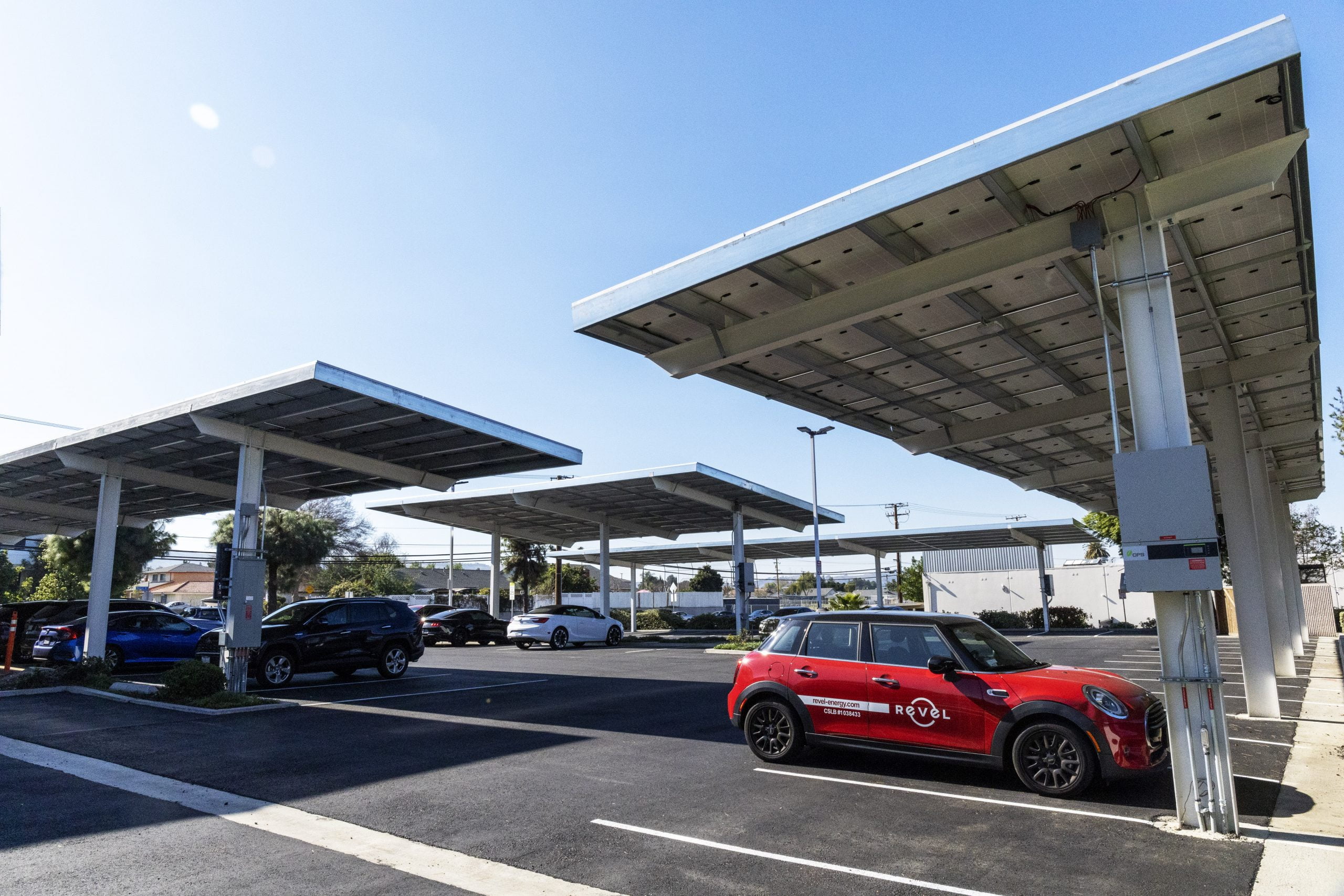
The Difference Between Charging an EV at Home and at Work
Residential EV charging stations benefit from charging slowly over time, often taking advantage of when electricity is least in demand and cheapest during nighttime hours. For commercial and industrial buildings, solar paired with energy storage is critical to support EV charging infrastructure, otherwise EV’s that are charged quickly during the work day can incur costly time-of-use fees called demand charges.
The difference between residential and commercial EVCS is when the electricity is used, EV’s charged at home have the crucial advantage of charging at night, when electricity costs are lowest.
Create Capital Through Sustainability with Solar Paired with ESS to Support EVCS
A proven investment, solar unlocks agricultural, commercial and industrial property potential by using available space to sustainably generate electricity. When paired with energy storage, excess energy is saved and can be deployed to substantially reduce high-demand events that result in costly demand charges. Commercial use of level 2 & 3 EV charging stations during the day could incur demand charges, but are thankfully avoided through a complete, integrated & sustainable solution.
Businesses that install solar, paired with energy storage to support EV charging stations make their ESG values clear to both customers and employees, committing to improved social and governance standards by reducing reliance on fossil fuels – all while reducing operating costs. Contact our expert team today to learn how your business can access renewable energy technology, creating capital through sustainability.
Commercial grade rooftop solar is ideal for: manufacturing, warehousing, logistics, industrial, retail, hospitality buildings and more with over 10,000 sq. ft. rooftops.
CARPORT SOLAR
Free standing carport solar generates added solar power for properties with limited rooftop space. Added benefits include shading and protection for employees vehicles.
Crucial for reducing peak demand charges. Automated to supply electricity when your panels won’t. Energy storage is ideal for businesses that incur significant peak charges.
As the popularity of electric vehicles increase, so does the demand for on-site charging. This sustainable amenity has become a parking lot fixture for competitive employers.
OUR SERVICES
TURNKEY COMMERCIAL GRADE SOLAR, ENERGY STORAGE, LED LIGHTING AND MORE.
PROFESSIONAL GUIDANCE
CUSTOM TAILORED PLANNING
CONSTRUCTION & INSTALLATION
CSLB #1106092
Client Testimonial: Kelemen Company
Corporate Business Park in Irvine, CA has created significant electricity cost savings through commercial solar installed across the 5-building business park.
Client Testimonial: Tice Gardner & Fujimoto LLP
See how this CPA firm saved on electricity and gained valuable tax credits through commercial solar that they used to keep cash in the businesses.

